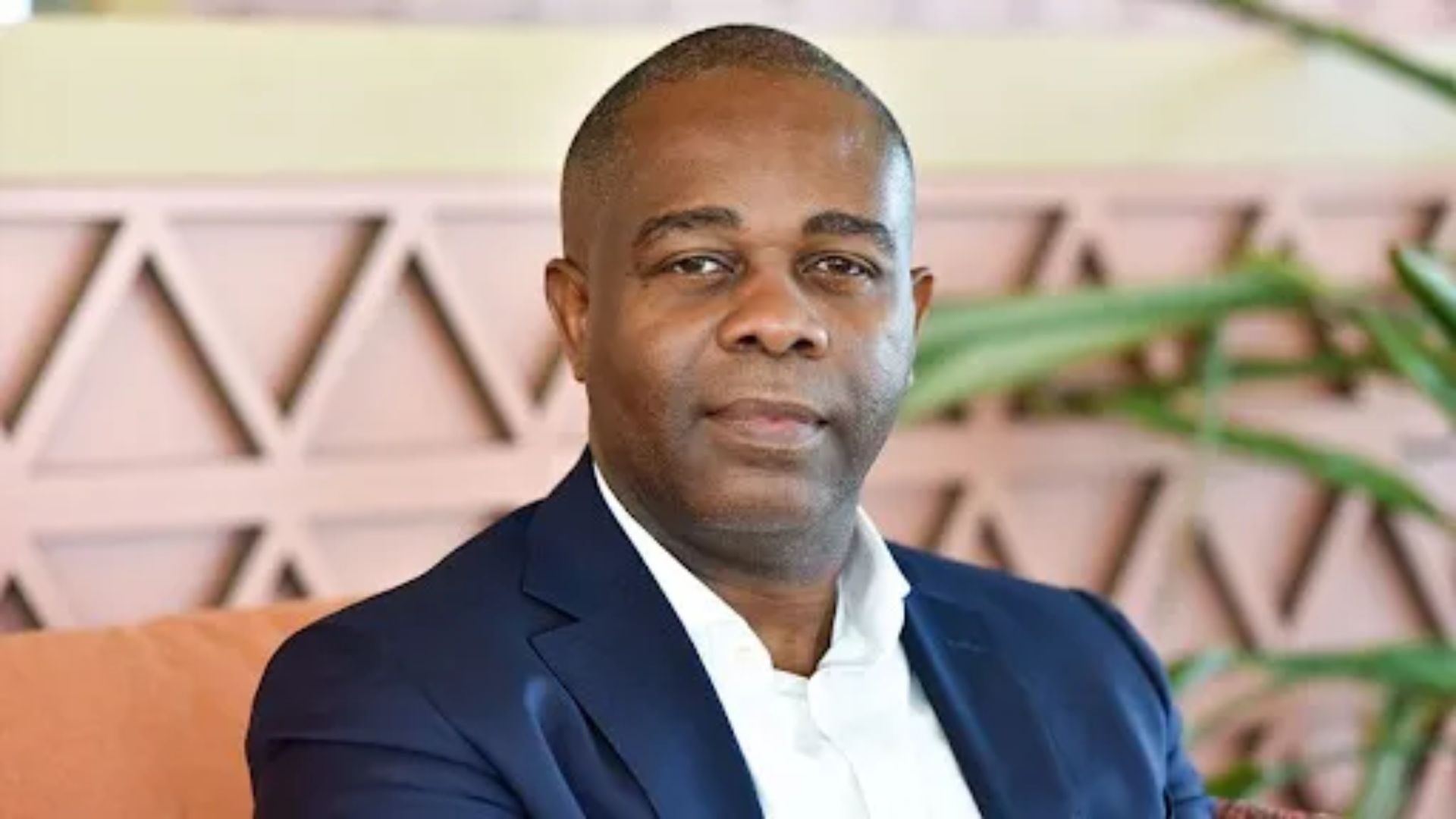The National Health Insurance Authority (NHIA) has announced significant changes to healthcare costs in Nigeria, with a 60% increase in capitation and a 40% rise in Fee-For-Service (FFS) fees.
This decision was revealed during a stakeholders’ meeting on new tariffs held in Abuja, as reported by the News Agency of Nigeria. The move aims to sustain the health insurance scheme and enhance service delivery.
Dr. Kelechi Ohiri, Director General of NHIA, emphasized that providing affordable and quality healthcare to enrollees remains the authority’s top priority. He urged stakeholders to prioritize the interests of Nigerians amidst these changes.
Fee Hike and Capitation
Dr. Ohiri explained that the adjustments are driven by the escalating costs of healthcare delivery and the need to maintain the quality of care provided to beneficiaries.
The capitation system, which involves prepaying a fixed amount per patient for a set period, will receive a substantial boost, providing healthcare providers with more resources to manage patient care effectively. This increased funding should enable healthcare providers to offer better services and alleviate the financial strain caused by rising operational costs. However, Dr. Ohiri acknowledged that this fee hike might impose a higher financial burden on patients and employers contributing to the health insurance scheme.
Stakeholders’ Reactions
Dr. Aminu Magashi, Coordinator of the Africa Health Budget Network (AHBN), noted that this announcement signifies a notable shift in the cost structure of health insurance in Nigeria. While the aim is to improve healthcare services, it also highlights the challenges of balancing affordability with quality care. Dr. Magashi stressed the importance of NHIA’s commitment to monitoring the impact of these changes and making further adjustments as necessary to maintain a robust healthcare system that meets the population’s needs.
Nigerians have expressed mixed reactions to the new tariffs. While some appreciate the necessity of the increase to ensure continued access to quality healthcare, others are concerned about the potential financial strain on families and businesses.
Understanding the Changes
Fee-for-Service (FFS) fees refer to payments made to healthcare providers based on the services rendered. Unlike capitation, where providers are paid a set amount per patient, FFS involves paying for each specific medical service or procedure provided to a patient. This system ensures that healthcare providers are compensated for the exact services delivered, promoting thorough and individualized patient care.
This development follows NHIA’s recent efforts to review medicine tariffs in response to significant medical inflation in Nigeria. The authority’s broader strategy focuses on enhancing healthcare access and affordability, improving service quality, and expanding coverage across the country.
Dr. Ohiri reiterated NHIA’s commitment to boosting enrollment in the national health insurance system and working with stakeholders to achieve Universal Health Coverage (UHC) for all Nigerians. By adjusting the eligibility criteria and leveraging special funds, NHIA aims to support vulnerable groups, ensuring they access necessary healthcare benefits.




